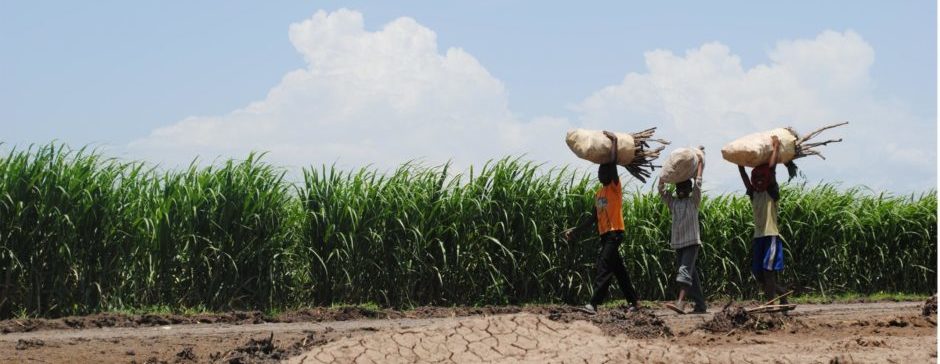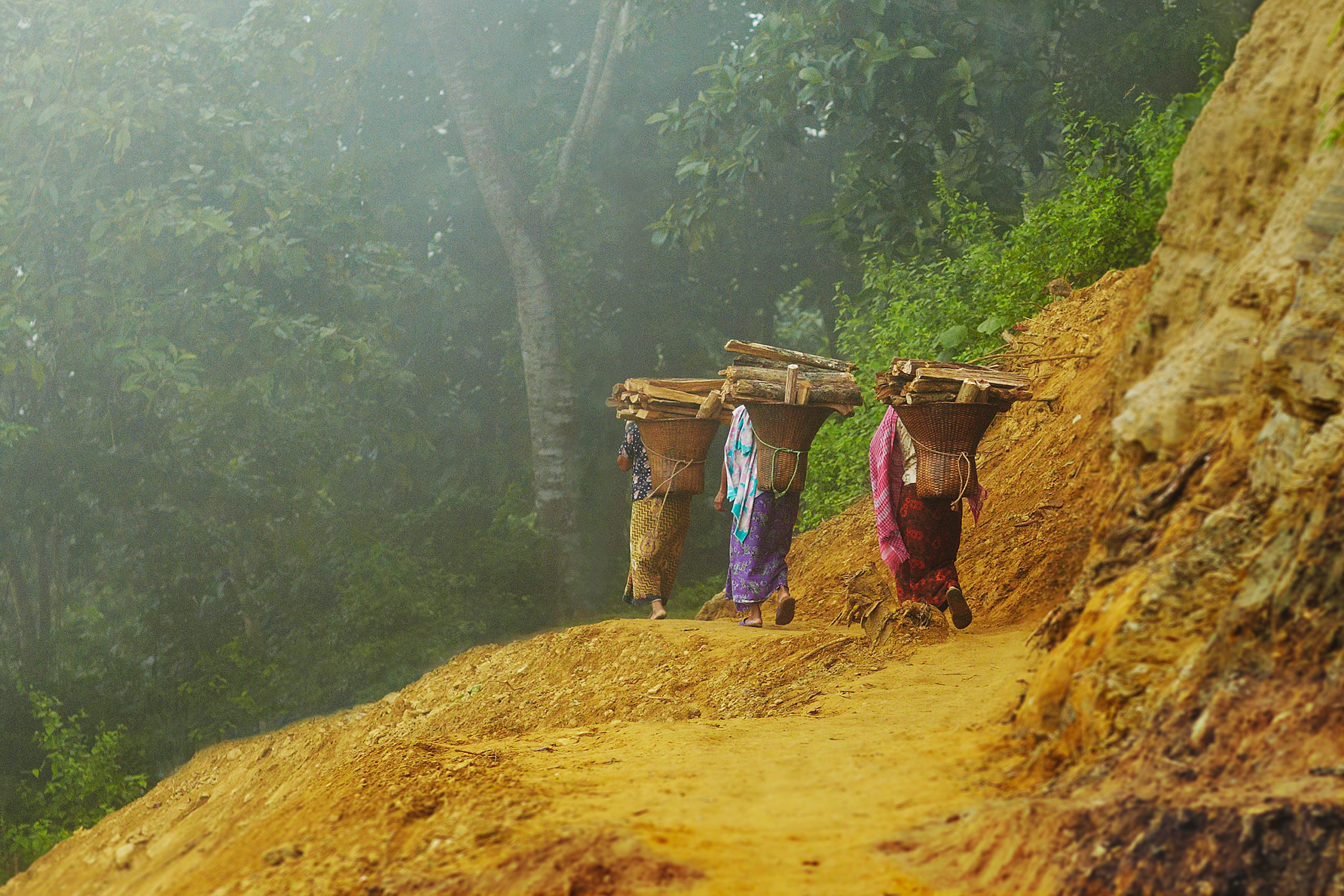Donee Alexander
Chief Science and Learning Officer

Cooking over open fires or inefficient stoves typically entails burning fuels (such as wood, charcoal, coal, and kerosene) that release harmful, climate-warming emissions.
These emissions of short-lived climate pollutants—such as black carbon and methane (CH4), as well as other greenhouse gases, such as carbon monoxide (CO) and carbon dioxide (CO2)—occur because of the incomplete combustion of kerosene and solid fuels during this form of cooking.
As a result, household energy use makes up more than half of all global black carbon emissions, a significant contributor to climate change. Clean cooking is vital to combating global climate change and reducing environmental degradation.
Read CCA’s Climate and Environment Factsheet
Black carbon, commonly known as soot, is by far the most significant short-lived climate pollutant emitted during cooking. Black carbon particles absorb sunlight, thereby warming the atmosphere, and are estimated to be second only to CO2 in their warming impact on the climate.
Many of today’s more modern stoves are highly efficient and can reduce fuel use by 30%-60%, resulting in fewer emissions of greenhouse gas and black carbon.